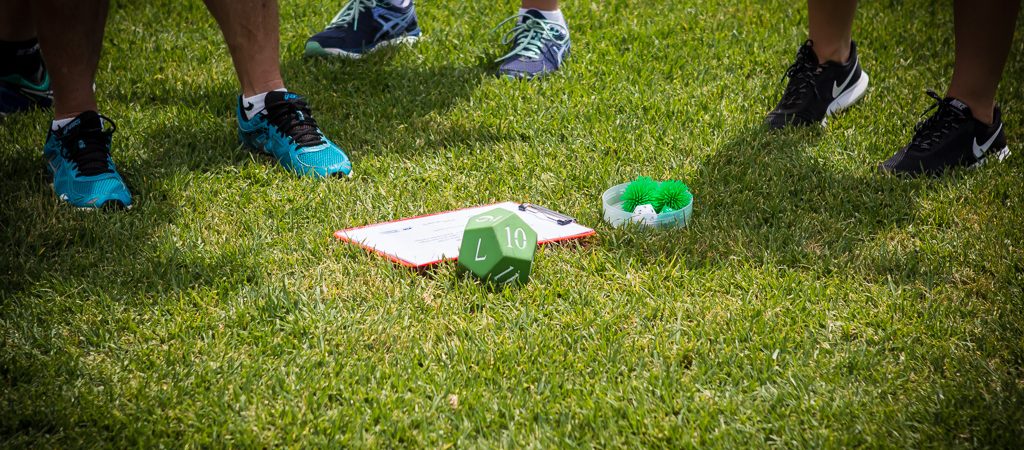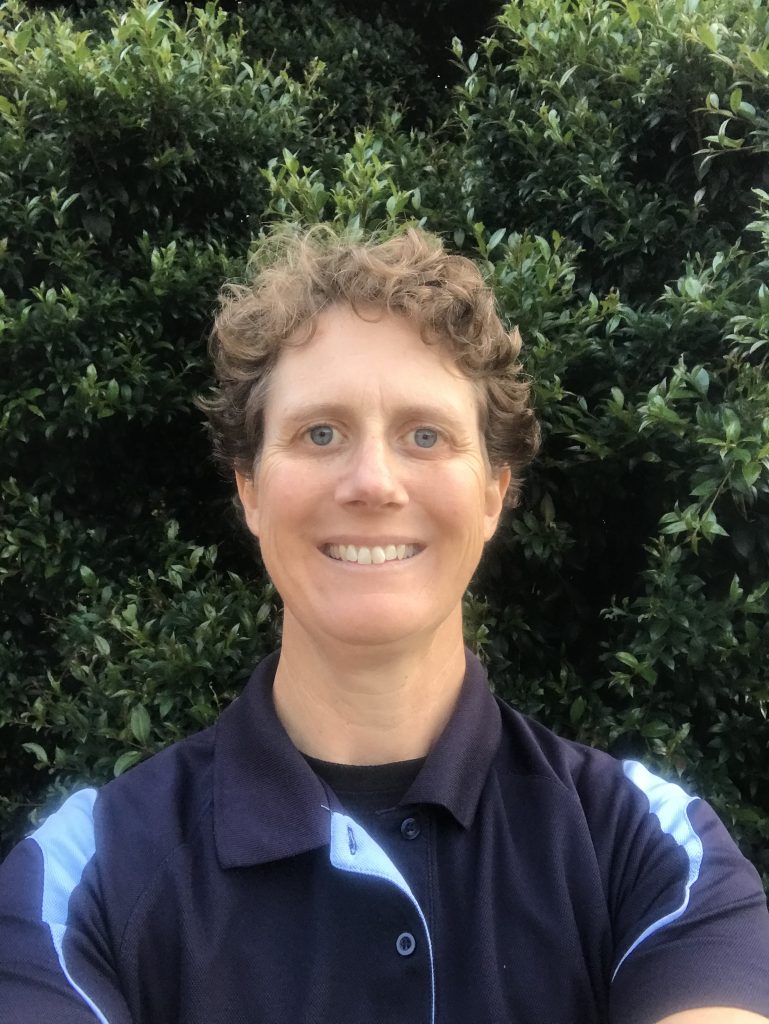
How do we make assessment in PDHPE relevant?
Where are we now?
Kyle Sutton recently published a reflection on PDHPE assessment based on reading the AIESEP Position Statement on physical education assessment. Within this reflection he made some extremely valuable points about where assessment has been in this key learning area and where we could be going. The suggestions of on-going assessment, self-regulation and independent learning, student voice and teacher professional learning all guide teachers and students forward in quality, relevant assessment of the skills, knowledge and understanding reached. But how can we do this and gradually change the outer view of PDHPE being a sport-based skill assessed subject where you either can do it or cannot?
COVID Lockdown in 2020 made all PDHPE faculties fight for their relevance. Many schools scrambled to ensure the literacy and numeracy of students was at the forefront of the online learning experience. However, when the experiences of teachers and students were reflected upon many of the real skills and knowledge needed were in the PDHPE curriculum: resilience, relationships, health, safety, wellbeing (both physical and mental) and participation in physical activity. The relevance of PDHPE as a key learning area was definitely tested and the skills and knowledge had to be applied in the “new normal”, out-of-school world experience.
The release of the NSW K-10 PDHPE Syllabus in 2018 has opened up a new set of doors for students in this key learning area. The focus has shifted from a checklist of skills to be achieved in each content strand to broad outcomes that are truly linked and built upon through the learning experiences as they move from Kindergarten to Year 10. The syllabus is written to allow for faculties to focus in on the school needs and even more specifically individual cohort needs.
Out of the eleven outcomes only one looks at movement skill acquisition and performance as we traditionally know it – PD4. Yes, the skill needs to be developed and practiced, but this does not close the door on success for students who may not perfect the skill performance. The application and transfer of the skill into a game situation (PD5 & 11), the ability to use interpersonal skills to interact within a group game situation and the ability to share their knowledge with others (PD10) through coaching and peer teaching form a vital part of the assessment of students’ movement skills.
So how do we change the focus of our assessment from uniforms, participation and school representation? One paradigm knocking down these walls is the Modern Classrooms Project. This paradigm challenges the teacher to move to a self-paced learning model in which students are given the opportunity to progress through the learning and acquire the skills and knowledge at their own pace. Let’s explore this further…
Self-paced learning/Mastery-based assessment… is it possible?
We have all experienced the on-line mandatory training for Working With Children. This is an example of self-paced learning. We may not enjoy it, but we cannot progress through the training unless we show mastery at the end of each module. Some of us may race through it in half an hour, others of us may plug through it in two hours, but the end point is the same… completion of the course and a level of mastery and understanding to assist us with the issues that may arise within our role as primary carers and mandatory reporters.
The question remains within our classrooms and unit programming, why can we learn at our own pace, but our students are restricted to time-based, whole-class learning? COVID Lockdown was a scramble to learn many new ways of teaching without our students in front of us, however it did open up the idea of self-paced learning for students. Lesson delivery for some turned into a short Zoom explaining the work required, then students moving on to complete the work at their pace.
I mentioned the Modern Classrooms Project above. I stumbled across this paradigm in a blog and podcast by Jennifer Gonzalez creator of The Cult of Pedagogy. How to Create a Self-Paced Classroom was featured in November, 2020 and in March, 2021 How to Set Up Mastery-Based Grading in Your Classroom was featured. Kareem Farah, an educator who has developed and tested the idea of self-paced learning and mastery-based grading was interviewed by Jennifer.
Both interviews resounded with the points that Kyle had made in his reflection. The knowledge that our students have not had the opportunity to achieve the skills and knowledge we would hope because we are still checking boxes and plugging through at a pace that may not suit most students. We struggle to put into place the adjustments for our students with learning needs and personal plans, especially in the theory component of PDHPE. We struggle to meet what we can perceive as being out-of-reach compliance standards and struggle to collect evidence of learning that shows student growth in understanding, rather than point-in-time.
The paradigm suggested by Kareem Farah appears to tick many of the boxes in a very positive way for students. The model links well with the Universal Design for Learning which sets up every student for success regardless of their learning ability and needs. The biggest challenge for setting up a self-paced, mastery model is making the shift in thinking from time-based education to skill-based education. The NSW Syllabus allows for this through the philosophy of the PDHPE Propositions. In order to ensure that students achieve the expectations of their particular stage we need to be giving them the opportunity to show their achievement of the outcomes at various times, not just at the end of a topic.
The ideas put forward by Kareem Farrah are worth trying. Allowing students to:
- Develop mastery through practice
- Demonstrate mastery through mastery checks (ongoing assessment)
- Apply feedback at various stages of the learning
- Collaborate closely with the teacher
Whether within the Modern Classrooms Project framework, Universal Design for Learning framework or the Visible Design framework it is worthwhile challenging our thinking as teachers and looking at the opportunities for learning and assessment we are using with our students. It is possible to set up a self-paced learning and mastery-based assessment model within our classrooms, inside and outside.
Where to now?
As teachers we can accept and grow in our own opportunities to learn so that we can offer our students the best environment for achievement. Many of these ideas have been a part of the Programming and Effective Assessment workshops held by ACHPER NSW since the implementation of the NSW PDHPE Syllabus began in 2019. We can access these workshops and the working knowledge of our colleagues across the state. We can open ourselves to new ways of thinking and applying good teaching and learning practices by exploring different models of learning. I have focussed on one in particular here that may or may not work in the environment and cohort of your school, but that doesn’t reduce the need for making our teaching and assessment practices more relevant to our students’ needs.
Opportunity for development
- As this year progresses put yourself out of your comfort zone for one unit of work. Try a new paradigm of teaching and assessment.
- Use student voice to guide you in your planning and assessment.
- Catch your students achieving the outcomes every lesson, not only at exam time.
- Enjoy watching the continuous achievement of your students.
- Revisit the Stage Statements and Propositions within the syllabus.
- Collaborate with your colleagues outside of your faculty and around the world.
- MOST OF ALL show your excitement and enthusiasm to your students.

About the author – Veronica Brogden – Board member, Professional learning and Resources sub-committee
Veronica completed a Bachelor of Social Science (Physical Education/Recreation) and Diploma of Education (PDHPE) at Charles Sturt University, Bathurst in 1995. She has had a wide range of experience teaching PDHPE in NSW Independent and Catholic Primary schools since 1995. Veronica has been actively involved in the sports domain all her life as a competitor, coach, manager and convenor at all levels from local to international. She thoroughly enjoys the opportunity to assist teachers in developing PDHPE programs that assist students in developing the skills to navigate their way through life.



Pingback: Teaching purposefully in physical education - Learning with Mr. Lee